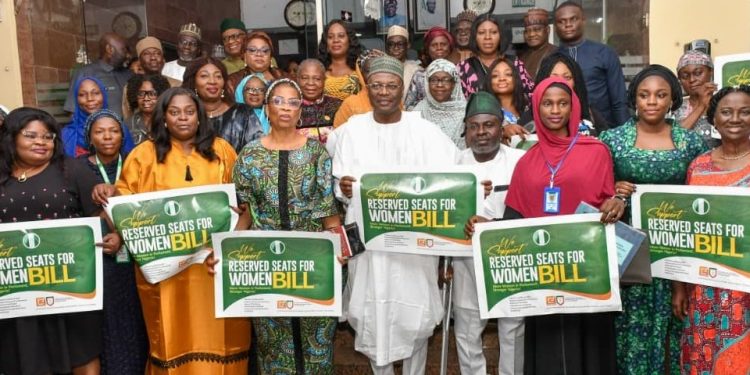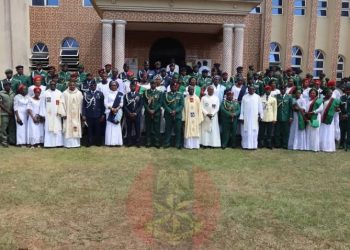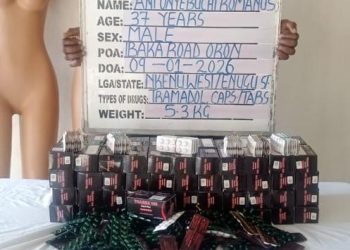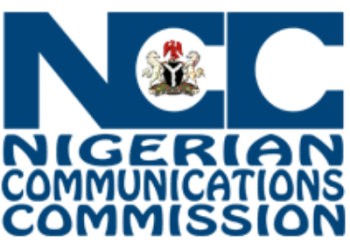By Nkechi Eze
The Chairman of the Independent National Electoral Commission (INEC), Professor Mahmood Yakubu, has renewed the Commission’s commitment to inclusivity and gender equality in Nigeria’s electoral process, stressing that the most effective way to guarantee women’s representation in political leadership is through affirmative action supported by clear legal provisions.
Professor Yakubu made the declaration on Wednesday, 17th September 2025, when he received members of the Women’s Collective Forum on an advocacy visit to the INEC Headquarters in Abuja. The delegation was led by Ambassador Nkoyo Toyo, a well-known advocate of inclusive democracy, alongside other members of the Collective who are pushing for stronger participation and representation of women in elective offices and party leadership structures.
Welcoming the visitors, the INEC Chairman described the meeting as timely, noting that it came just two days after the world marked the United Nations International Day of Democracy on 15th September. This year’s theme, “Achieving Gender Equality: From Voice to Action”, he said, perfectly aligns with the advocacy for women’s increased participation in Nigeria’s democratic process.
“Ambassador Toyo and other members of the Women’s Collective are well-known advocates for inclusive democracy in Nigeria which necessarily entails unencumbered participation of all citizens irrespective of gender and disability,” Yakubu said.
The INEC Chairman underscored that the Commission is itself an equal opportunities organisation, both internally in its workforce and externally in the discharge of its mandate as an Election Management Body. He revealed that at present, women head 12 out of the 22 departments and directorates at the INEC headquarters in Abuja, representing 55 percent of directors. Across the 36 states, he added, many of the Commission’s substantive Administrative Secretaries, who also serve as Directors, are women.
On the Commission’s broader policy framework, Yakubu pointed to INEC’s gender policy, which is regularly updated, and the establishment of a Department of Gender and Inclusivity to promote greater access for marginalised and under-represented groups in the electoral process. He explained that in consultative meetings with political parties, INEC has consistently urged them to ensure broader inclusion of women and other disadvantaged groups in their leadership structures, adding that while progress has been made, much still needs to be done.
Addressing the critical issue of elective representation, Yakubu stressed that the real breakthrough would come through constitutional and legal reform. He advocated for affirmative action measures, backed by law, to ensure greater representation of women in legislative assemblies, citing examples from other countries where such steps have yielded results.
“For elective representation, the Commission believes that the most effective way of ensuring greater representation for women and other marginalised groups in the legislative assemblies is affirmative action supported by clear legal provision as was the case in many jurisdictions,” he said. “This calls for the amendment of sections of the Constitution of the Federal Republic of Nigeria 1999 (as amended) and the Electoral Act 2022.”
He welcomed the fact that the matter is once again on the legislative agenda, pointing to INEC’s recent retreat with the Joint Committee of the Senate and House of Representatives on Electoral Matters, where the Commission expressed strong support for amendments that would guarantee women a stronger voice in elective positions.
The INEC Chairman praised the Women’s Collective for their consistent advocacy, assuring them of the Commission’s partnership in the ongoing push for inclusivity. “We welcome your consistent advocacy for women’s participation and representation in political party leadership and elective representation in Nigeria. You should continue to count on the Commission’s support at all times,” he pledged.
















